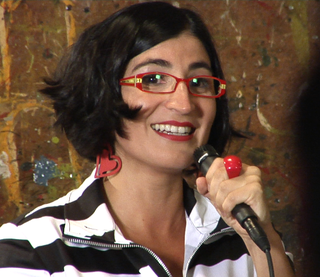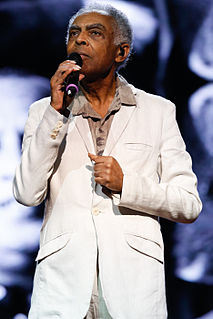A Quote by Thabo Mbeki
South Africa has faced many problems in the past. You would understand those problems if you understood the history of the struggle to get rid of Apartheid and the struggle to establish democracy.
Related Quotes
I knew that the black struggle wasn't my struggle. But I felt like it was my-struggle-adjacent, you know? I've always said that if you turn the dial in one direction, a Muslim is a Jew is an East Asian person is a Native American and so on. I feel very much that all of these struggles are kind of the same and - Hillary Clinton actually said this recently - when you get rid of one barrier, it opens up the gates for a whole bunch of people you didn't even know would benefit from it. So not fighting for the black struggle is like not fighting for the Muslim struggle.
Sometimes, from outside, and from America especially, where the racial tension is so intense, you tend to understand Brazil as a kind of ideal situation, but it's not. There are a lot of problems. Historically, we have been in struggle, in real struggle to protect and defend the natural leaning towards absorbing the African and the Indian heritage that our society has.
Now I've come to such a mixed culture: America, Europe, South America, Africa. And the politics are changing everywhere all the time and becoming even more unpredictable. There's no such thing as "fixed" culture. China is also becoming more global. Its problems are becoming international problems, becoming German problems, becoming American problems. Nothing is clear-cut. Perhaps I'll find my way - or get totally lost.
The problems of a retired schoolteacher in Duluth are OUR problems. That the future of the child in Buffalo is OUR future. That the struggle of a disabled man in Boston to survive and live decently is OUR struggle. That The hunger of a woman in Little Rock is OUR hunger. That the failure anywhere to provide what reasonably we might to avoid pain is OUR failure.











































